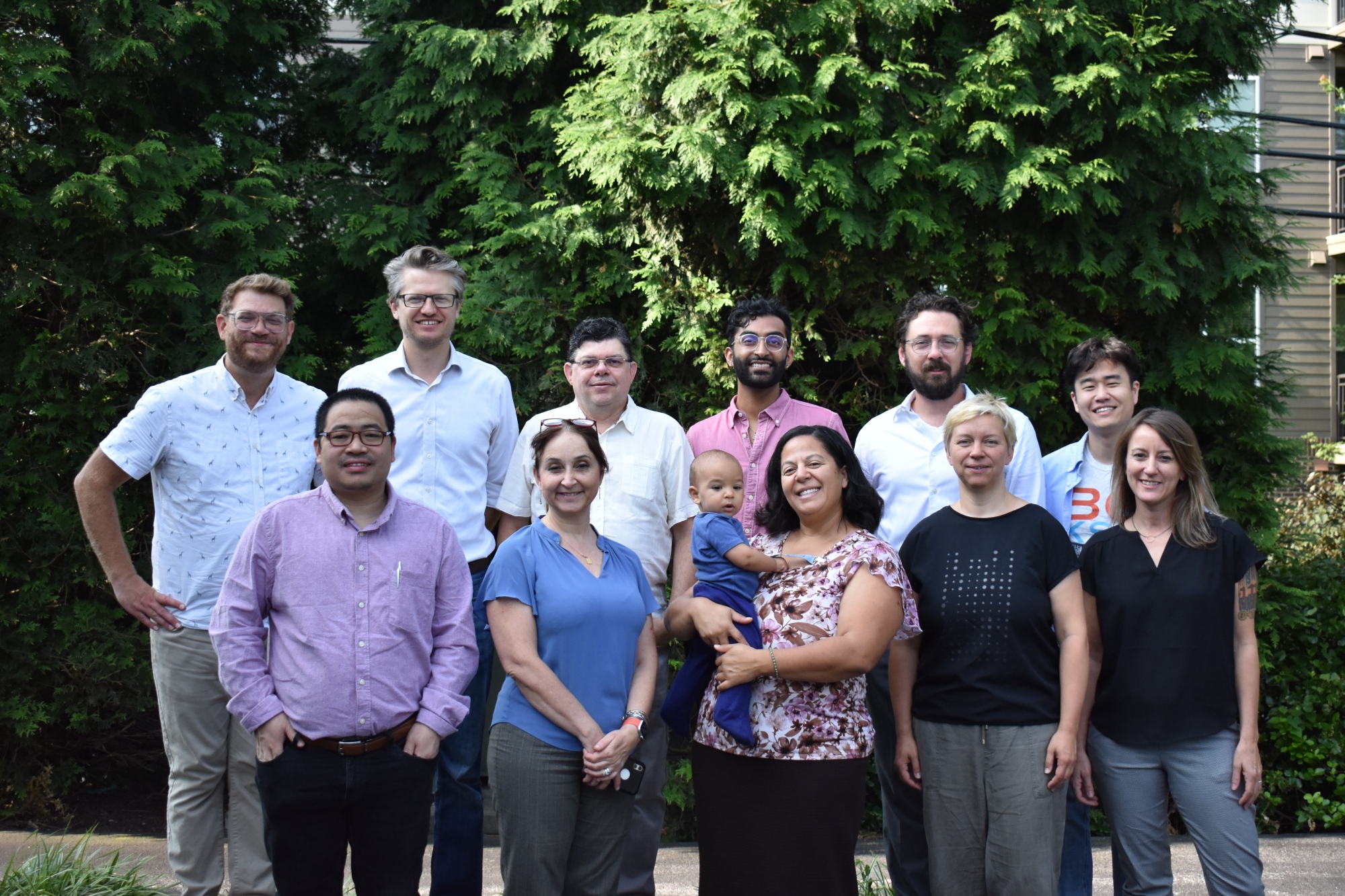
Christian nationalism, the belief that Christianity should hold a privileged social and political status, is gaining increasing attention in media and academia. But much of the focus has been on the surge of Christian nationalist sentiments in the United States.
In an effort to broaden that scrutiny, ICJS recently convened a gathering of scholars and practitioners from around the world in the 2023 ICJS Faculty Seminar to study the global manifetations of religious nationalism.
The seminar was led by Matthew D. Taylor, ICJS Protestant Scholar, and Susan Hayward, associate director of Harvard Divinity School’s Religious Literacy and the Professions Initiative. It explored the lessons and implications for democracy and pluralism that can be learned from religious nationalism—in Christianity and other religions—in contexts outside the U.S. that could then better inform the conversation within the U.S. Seminar participants presented papers on their areas of research that will be expanded and refined in a forthcoming edited volume.
“Christian nationalism is a terrifyingly relevant topic these days, but we’ve found that the conversation in the U.S. is impoverished without understanding the broader range of religious nationalisms and how they interact with democratic politics around the world,” Taylor said.
Hayward said the seminar covered religious nationalism in general, as well as focusing on examples from particular countries.
“We reviewed foundational scholarship on nationalism and its relationship to religion and secularism, and on methods of advancing just peace, before delving into case studies from around the world: Sri Lanka, Poland, Russia, India, Brazil, Turkey, Korea, Myanmar, Tunisia, and beyond,” she said.
Ray Kim of the International Center for Religion and Diplomacy in Washington, D.C. focuses his research on the Korean context and the prominent political role of evangelical churches and pastors. He said he valued the diversity of the seminar. “These conversations alone can be so helpful in generating new ideas and even connecting dots that we didn’t even know were there.” he said.
Kim said he was also struck by the passion and commitment of his fellow participants.
“It was a really fruitful experience and it was because of the people in that room. They are all deeply invested into what we’re trying to address,” he said. “It isn’t just some abstract philosophical thing. These are people with real roots and ties to the context that they’re speaking about.”
S. Ayse Kadayifci-Orellana of Georgetown’s Institute for Women, Peace, and Security, studies religious nationalism in Turkey and its impact on gender equality and gender justice issues. She found substantial common ground among the scholars.
“It was fascinating to me to see there are so many common threads in our research findings,” she said. “And then to think about some of the underlying causes behind this and how we can help our communities address the challenges they face and establish a more productive, just, collaborative and harmonious society.”
Nikhil Mandalaparthy of Hindus for Human Rights said he appreciated the opportunity to broaden his own context. “For the last several years, I’ve been focused largely on Hindu nationalism, now it’s showing up in India and among the Indian diaspora. A lot of my thought partners have been mostly from my own community,” he said. “I haven’t had the chance to think with people who are working on Christian nationalism, Buddhist nationalism, Islamic nationalism. So I’ve learned a lot about the similarities between these shared struggles and shared ideologies.”
And perhaps his most important takeaway is a sense of optimism.
“It’s opened my eyes in a lot of ways and in hopeful ways,” he said, including the potential for interreligious coalitions. “We will find ways to push back against these forms of nationalism.”